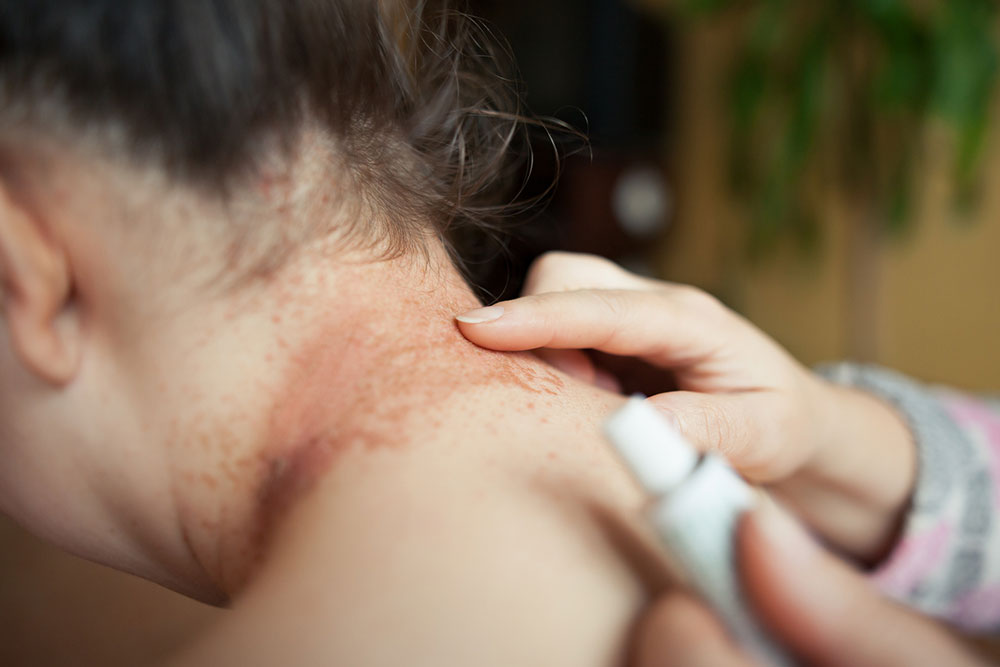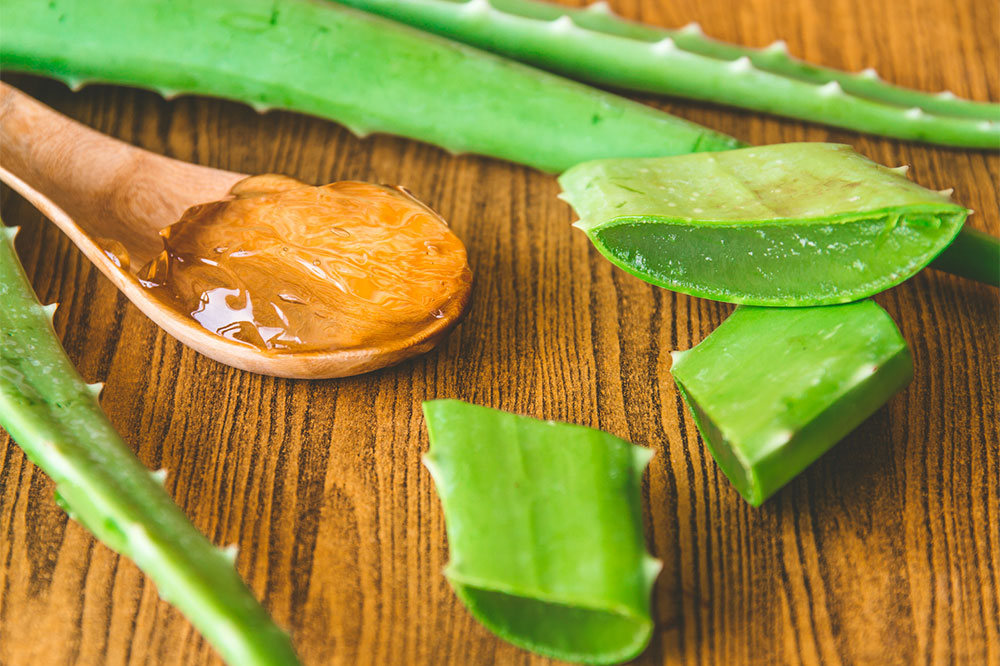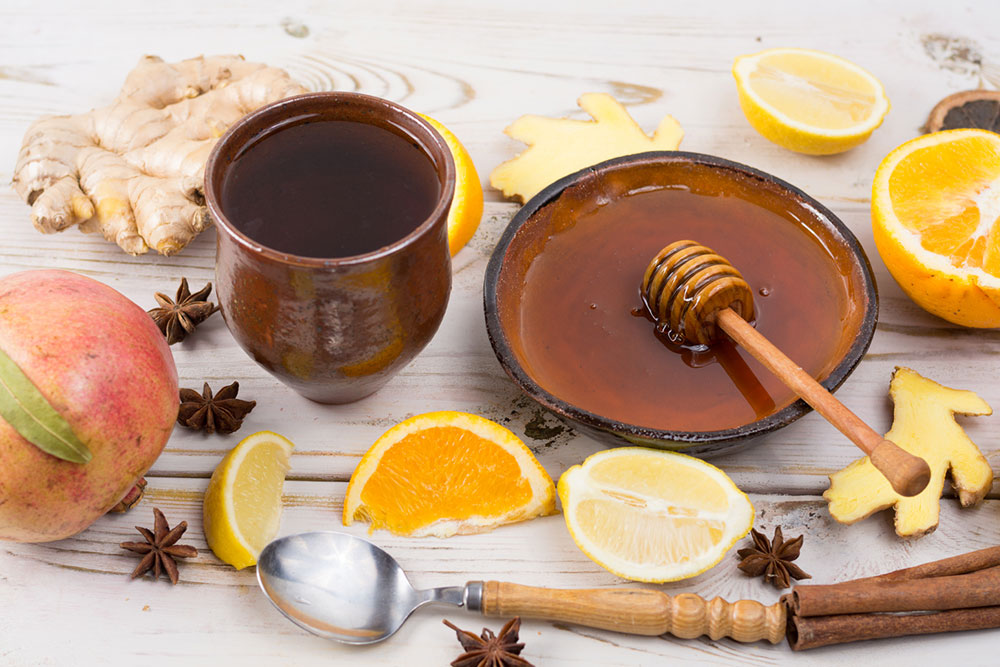Comprehensive Guide to Natural Home Remedies for Eczema Relief
This comprehensive guide explores over five natural home remedies to alleviate eczema symptoms. From bleach baths, aloe vera, and coconut oil to colloidal oatmeal and dietary changes, discover effective, safe solutions. Implementing these approaches can reduce inflammation, soothe irritated skin, and improve skin health naturally. Ideal for those seeking alternatives or complements to conventional treatments, this article offers practical tips for managing eczema at home and enhancing overall skin wellbeing.

Comprehensive Guide to Natural Home Remedies for Eczema Relief
Ezema, medically known as atopic dermatitis, is a common chronic skin condition characterized by inflamed, itchy, and red patches of skin. Though often associated with children, eczema can affect individuals of all ages, leading to discomfort, irritation, and in some cases, recurrent flare-ups. The condition not only causes skin discomfort but can also be linked with other allergic conditions such as asthma and hay fever. Understanding how to manage and alleviate eczema symptoms through safe, effective home remedies can significantly improve quality of life for sufferers.
While medical treatments such as topical corticosteroids and moisturizers are often prescribed, many people seek natural alternatives to reduce dependence on pharmaceutical solutions and minimize side effects. There are several tried-and-true home remedies that can help soothe irritated skin, reduce inflammation, and prevent flare-ups, especially in mild to moderate cases of eczema.
Below, we explore some of the most effective natural home treatments for eczema, backed by scientific research and traditional use. Implementing these remedies can offer relief, improve skin barrier function, and support overall skin health.
1. Bleach Baths: A Natural Antimicrobial Solution
One of the well-known natural remedies for eczema is the use of diluted bleach baths. Bleach, or sodium hypochlorite, possesses potent antimicrobial and anti-inflammatory properties, making it effective against bacteria such as Staphylococcus aureus, which is frequently found on the skin of eczema patients and can worsen flare-ups. By reducing bacterial colonization, bleach baths help decrease skin infections and promote healing.
To prepare a bleach bath, add approximately half a cup of regular household bleach to a standard warm bath (about 40 gallons of water). Soak the affected skin areas for around 10 minutes, making sure not to overexpose or irritate the skin further. After soaking, rinse thoroughly with clean water and gently pat dry. Follow immediately with an emollient moisturizer to lock in hydration. It is recommended to do this 2-3 times a week, but always consult your healthcare provider before starting bleach baths, especially if you have sensitive skin or open wounds.
2. Aloe Vera: Nature’s Healing Power
Aloe vera is renowned for its incredible skin-healing properties. Extracted directly from the aloe leaves, pure aloe vera gel offers a soothing, antibacterial, and anti-inflammatory effect. Its bioactive compounds promote skin regeneration, reducing redness and irritation caused by eczema.
For best results, use fresh aloe vera gel, either directly from the plant or a trustworthy commercial product free from alcohol, fragrances, or drying additives. Apply the gel liberally to affected areas at least twice daily. Regular use can enhance healing, soothe itching, and help restore the skin’s natural barrier. Studies have demonstrated aloe vera’s effectiveness in calming inflamed skin and reducing the need for medicated creams in some cases.
3. Virgin Coconut Oil: Hydration and Anti-Inflammatory Benefits
Virgin coconut oil has gained popularity as a natural moisturizer and anti-inflammatory agent. Rich in medium-chain fatty acids, especially lauric acid, coconut oil penetrates deeply into the skin, providing essential fatty acids that help maintain moisture and reduce dryness, a key factor in eczema exacerbations.
Applying virgin coconut oil several times a day or before bedtime helps lock moisture into the skin, creating a protective barrier that reduces irritation and prevents flare-ups. Unlike mineral oils and other synthetic emollients, coconut oil has antimicrobial properties that combat skin bacteria, further reducing infection risks associated with eczema. Clinical research supports its use as an effective topical treatment for mild to moderate eczema, making it a favorite among natural remedy enthusiasts.
4. Colloidal Oatmeal: Soothing and Nourishing
Colloidal oatmeal is finely ground oats that are dispersed in water to create a soothing bath additive. It is known for its ability to relieve itching, soften skin, and reduce inflammation. Oatmeal contains saponins and phenols that help cleanse the skin gently without stripping away natural oils.
Adding colloidal oatmeal to lukewarm bathwater for 5–10 minutes provides immediate relief from itchiness and dryness. It also helps protect the skin’s outer layer, preventing further irritation. For daily use, opt for fragrance-free oatmeal products or homemade preparations to minimize the risk of allergic reactions. Regular baths with colloidal oatmeal can improve skin hydration, decrease inflammation, and reduce the severity of eczema symptoms.
5. Dietary Modifications: Supporting Skin from Within
Diet plays a crucial role in managing eczema. Consuming anti-inflammatory foods can help reduce overall skin inflammation and support immune health. Incorporate foods rich in omega-3 fatty acids such as fatty fish (salmon, mackerel), flaxseeds, and walnuts to help combat inflammation.
Adding plenty of leafy greens, colorful vegetables, and antioxidant-rich fruits can help strengthen skin and reduce flare-ups. Spices like turmeric and cinnamon possess natural anti-inflammatory properties and can be included in meals to boost immune response. Conversely, some foods may trigger eczema or exacerbate symptoms, including dairy, eggs, soy, wheat, and processed foods. Eliminating or reducing these potential triggers under medical supervision can lead to better skin health and fewer flare-ups.
In conclusion, managing eczema with natural remedies requires consistency and a holistic approach. Combining topical treatments like aloe vera, coconut oil, and colloidal oatmeal with dietary modifications can significantly improve symptoms and enhance skin resilience. Always consult a healthcare professional before embarking on new treatment strategies, especially if you have severe or persistent eczema, or if you are considering combining home remedies with medical treatments.





